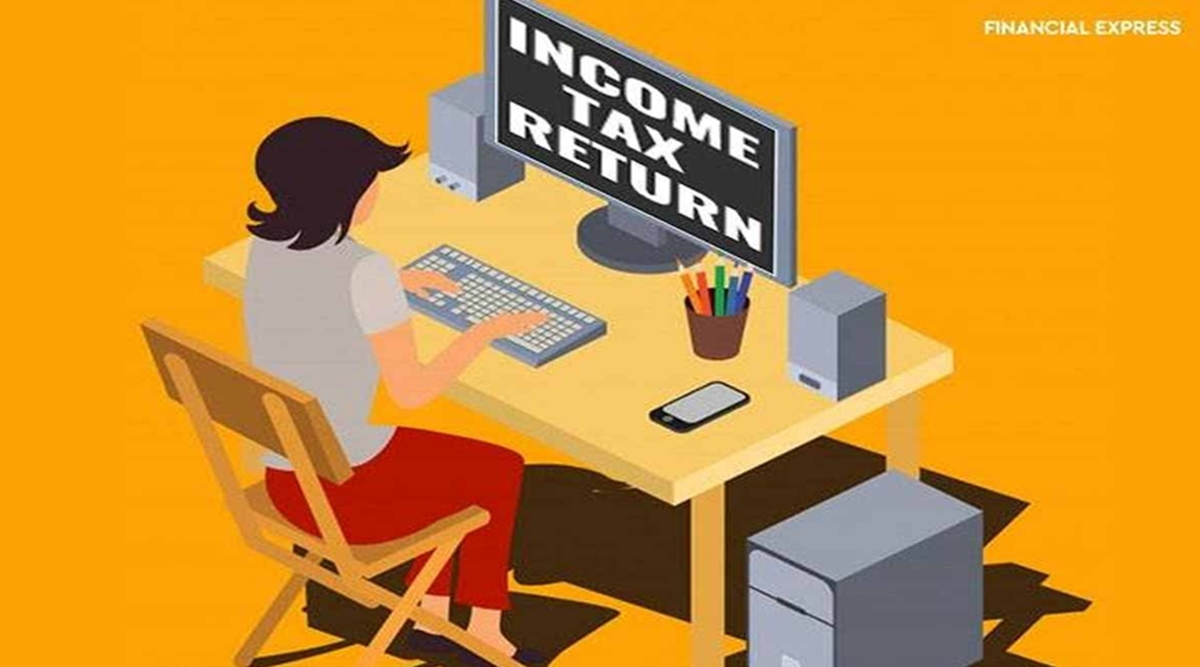How may late tax fines be avoided?
Taxpayers who choose to, or are unable to fulfill their tax obligations may face penalties.
The IRS will fine you if you don’t pay your taxes:
Remember to submit your taxes on time. Be careful to timely and accurately pay any taxes you owe with an accurate income tax calculator. Create a trustworthy tax return by knowing your tax bracket.
How to keep out of trouble?
By submitting accurate returns, making timely self-employment tax payments, and giving the government any information on your itemized deductions, your schedule c and other tax returns that may be necessary, a late tax penalty may be avoided. If you are unable to, you might be qualified for a payment plan or a filing deadline extension.
Make a request for a time extension
If you are in need of more time to complete your tax return, request an extension of time to file. However, it doesn’t extend your payment deadline. You might spread out the cost of a purchase over time with the use of a payment plan.
Request a payment schedule
If you can’t pay your taxes or penalties in full by the due date, pay what you can right away and request a payment plan. You might be able to avoid additional fines with a payment plan.
A client may satisfy one of two planned tax-filing safe harbors if they have been assessed an underpayment penalty: either they pay taxes equal to the smaller of 90% of their current year’s tax obligation or 100% of their prior year’s tax liabilities. Since the payment is predetermined, the safe harbor from the prior year is a good option for most taxpayers, but for 90% of the population, it is not.
A paid employee may also raise their withholding to offset a forecasted tax deficit. A further choice is available to couples who file their returns jointly: the spouse’s withholding will cover any deficit in anticipated taxes due on the spouse’s untaxed income.
To prevent any tax penalties, you should total your income by year. By annualizing, it is possible to confirm that the client had the right amount for the first three quarters and only had to pay the higher amount forecast for the fourth quarter if the client had a sizable profit at the end of the year.
The IRS may offer more lenient payment terms when imposing a tax penalty on a first-time offender. If clients have a track record of paying taxes on time and can demonstrate to the business that they will continue to do so, they may request an abatement. Even if the IRS reduces the penalty, interest will still be levied on past-due taxes.
Interest is rarely waived because it is a statutory obligation. You will be assessed interest at the rate of 3%, compounded quarterly rather than annually, if you do not file a tax return on time or pay the tax you owe. This means that, like the tax penalties for failing to comply, the interest will accrue quickly.




